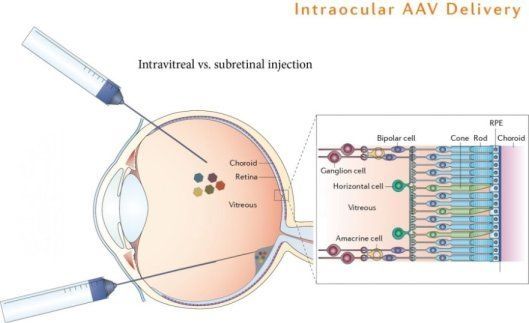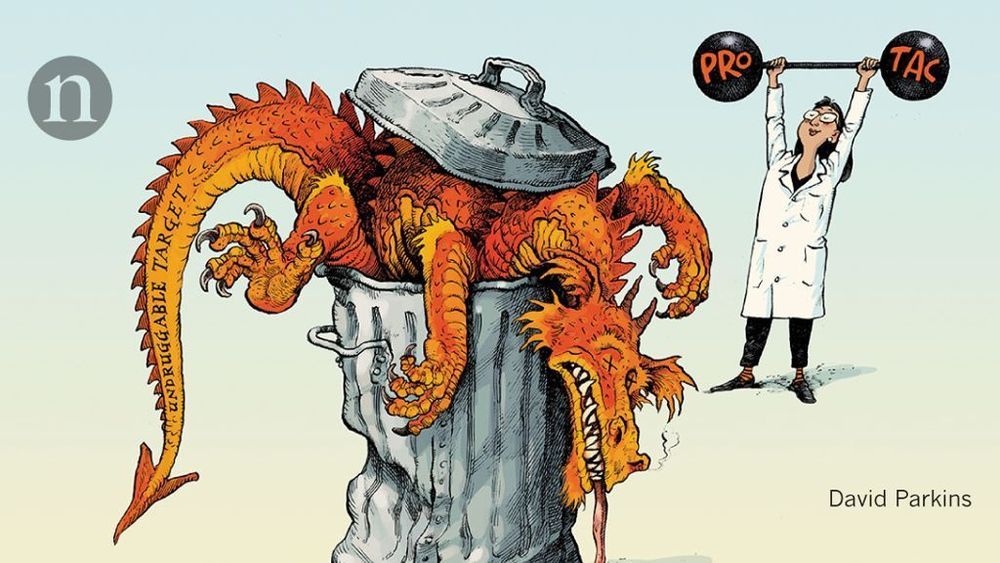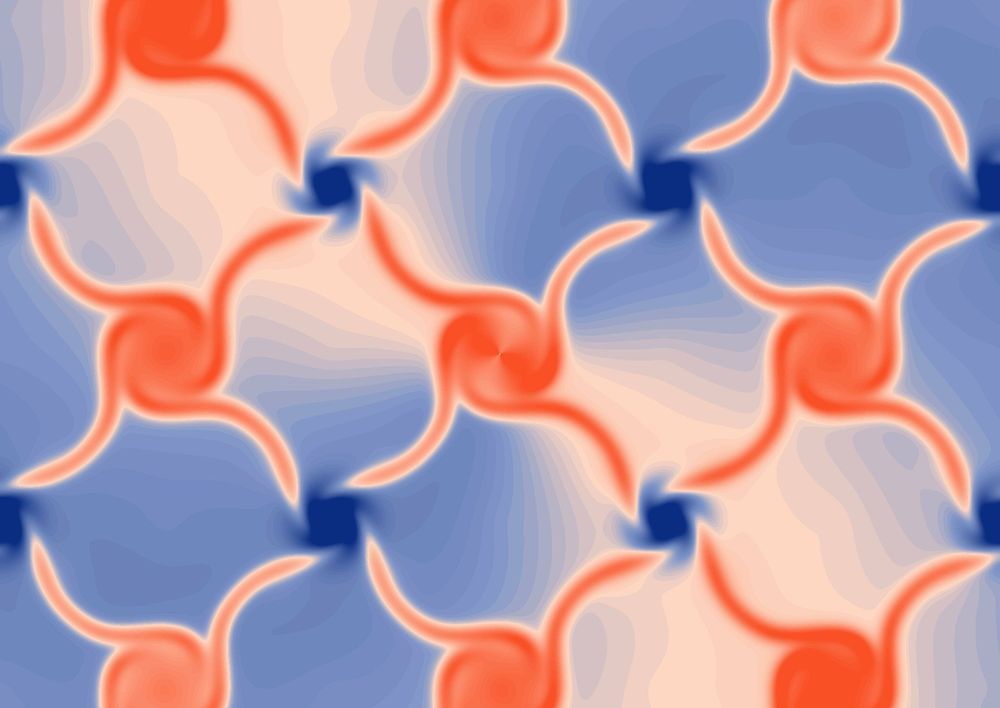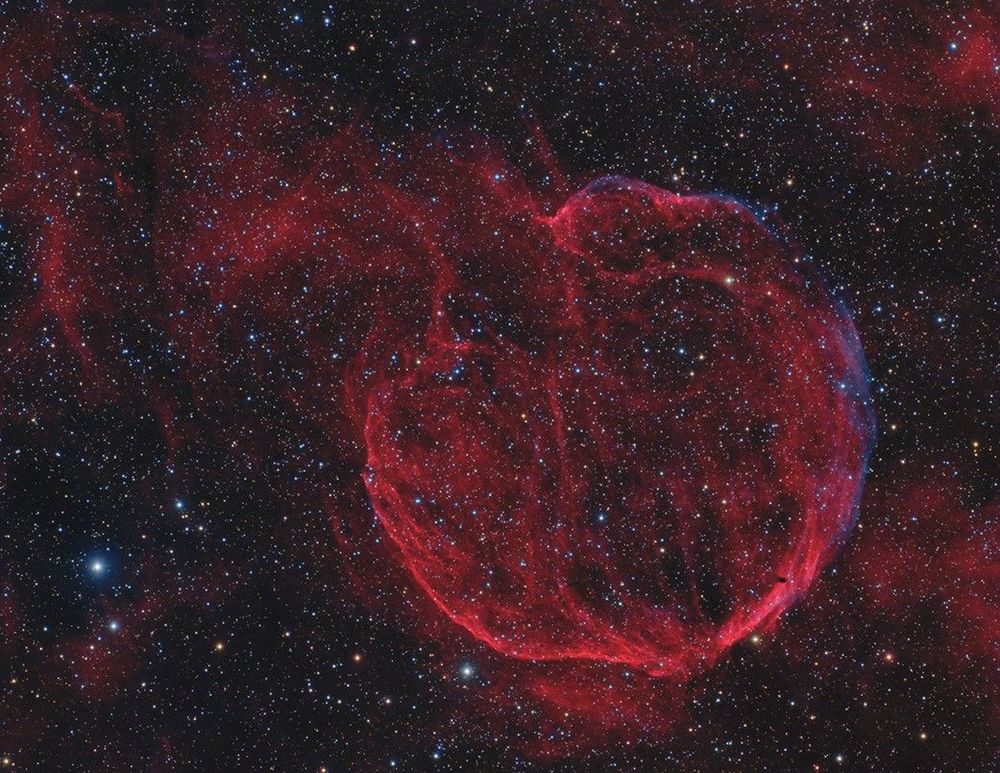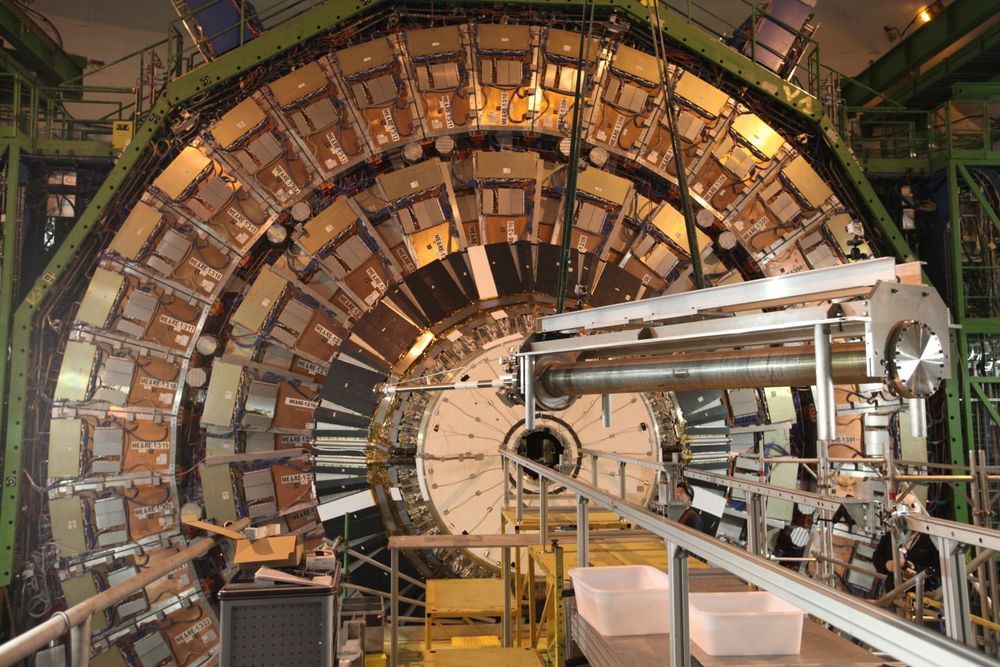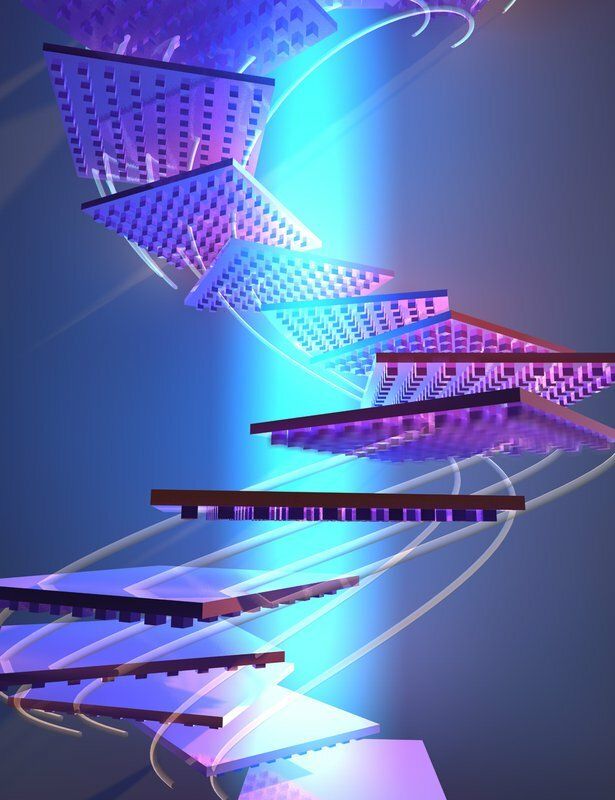The realization of so-called topological materials—which exhibit exotic, defect-resistant properties and are expected to have applications in electronics, optics, quantum computing, and other fields—has opened up a new realm in materials discovery.
Several of the hotly studied topological materials to date are known as topological insulators. Their surfaces are expected to conduct electricity with very little resistance, somewhat akin to superconductors but without the need for incredibly chilly temperatures, while their interiors—the so-called “bulk” of the material—do not conduct current.
Now, a team of researchers working at the Department of Energy’s Lawrence Berkeley National Laboratory (Berkeley Lab) has discovered the strongest topological conductor yet, in the form of thin crystal samples that have a spiral-staircase structure. The team’s study of crystals, dubbed topological chiral crystals, is reported in the March 20 edition of the journal Nature.
